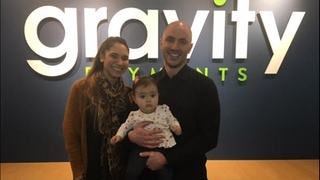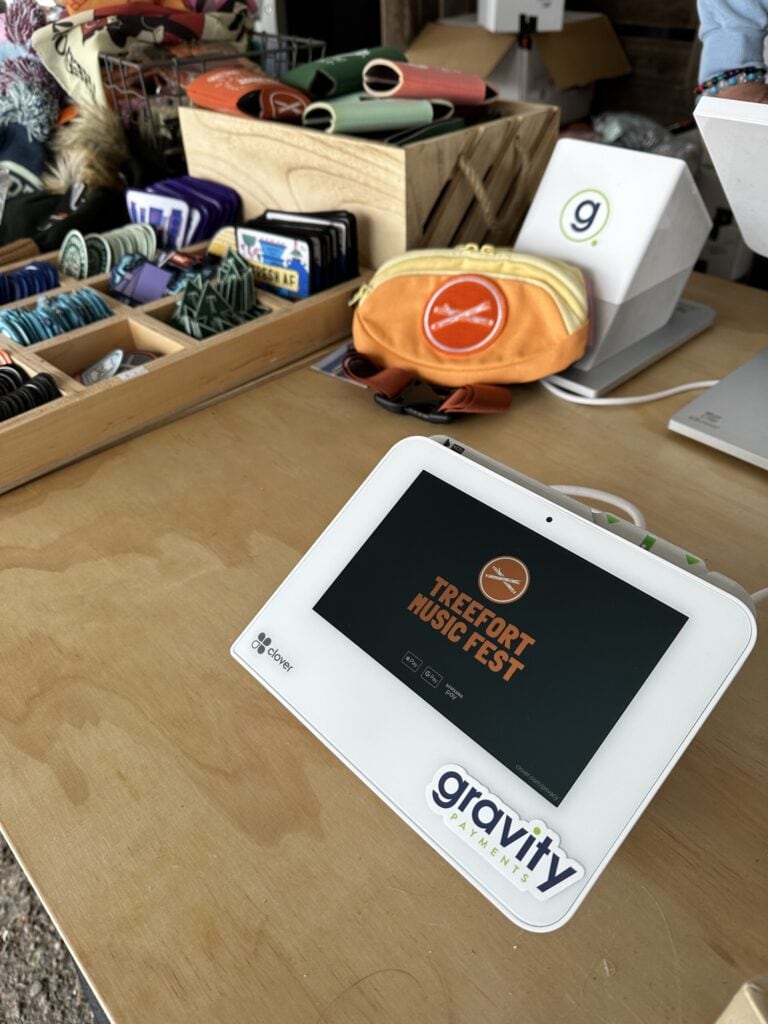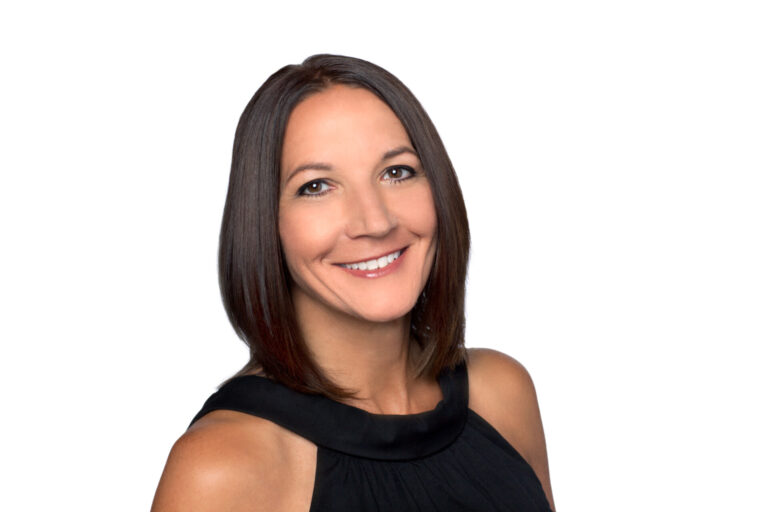[column sm=”6″]
[lead xclass=”text-center”]Baby boom at Seattle startup that pays at least $70K[/lead]
[/column]
You may remember back in April of 2015 when the CEO of Seattle startup, Gravity Payments, announced he was going to pay all of his employees a minimum wage of $70,000. There were many consequences of this announcement. One of which was a baby boom.
“Our CEO, Dan Price, decided to take a pay cut of over a million dollars and set a $70,000 minimum wage at our company,” Ryan Pirkle said. “He also is making the new $70,000 minimum wage, as well.”
Get the Gravity newsletter for the latest FAQs, tools, tips and tricks
Pirkle is on the marketing team at Gravity. He is also a new dad.
“I have a five and a half-month-old,” he said.
Why does that matter? Well, because thanks to the big raises many people got at Gravity, the company is experiencing a true baby boom.
“I am about six months pregnant,” underwriter Katie Parr said. “Due in June, thank you very much!”
“This is Dawson,” Maurice Davis said, gesturing the pigtailed baby bouncing on his lap. “She’s eight months old.”
These are just a few of the new parents at Gravity.
 Baby boom hits Gravity
Baby boom hits Gravity
Pirkle said they only added about 30 new employees since the big $70,000 announcement, so the baby boom is not simply a result of having more people on staff.
“From 2004 [when the company started], in any given year, there might be one new baby announcement,” Pirkle said. “I think the high water mark previously had been, maybe, two. A lot of years, zero. In the year following our 2015 $70,000 minimum wage announcement, we had 11 new baby announcements. So that was really close to almost 10 percent of the company was expecting.”
Parr, who is six months pregnant, already has an 18-month-old baby at home.
“I think about six months into Gravity, when we became a little bit more stable, financially, we definitely made the decision to expand our family. Just the piece of mind with financial stability to be able to be excited about expanding our family and relatively less stressed. My husband has been able to take a lot more time off work. Prior to me working at Gravity, he was working doubles almost every other day and helping me get through school.”
Pirkle said the salary bump goes beyond the company baby boom. It has also cut down on employees’ commute times, since people can now afford to live closer to their Ballard office, instead of as far out as Auburn or Puyallup.
“I plotted all of the addresses of where our team lived the day before the announcement,” Pirkle said. “And then I did it again a year later, those same people. So it’s apples-to-apples. I took the average commute time and found we are saving a little over six hours a day in total commute time. If you were to times it out by a week, a month, a year, it’s incredible the amount of time that people have been able to use both in their lives and also their work.”
 So there you have it. Making more money lets you do the things you want to do in life. Duh, right? Well, Gravity Payments CEO Dan Price chose $70,000 for a specific reason.
So there you have it. Making more money lets you do the things you want to do in life. Duh, right? Well, Gravity Payments CEO Dan Price chose $70,000 for a specific reason.
“There’s a study out there by two economics professors, both are actually Nobel Prize winners now, Angus Deaton and Daniel Kahneman,” Pirkle explained. “And their study, it was a Princeton study, showed there’s a happiness threshold and it’s at $75,000.”
“They said any dollar that somebody makes up to $75,000 has a huge impact on their well-being and their happiness,” he said. “Any dollar over $75,000 had diminishing returns so it really didn’t increase happiness that much — $75,000, that’s the point where somebody could afford all of the basic necessities of life and anything beyond that is icing on the cake.”
So are Gravity employees happier? Can you even measure happiness? Gravity business analyst Cody Boorman, who had a baby girl four months ago, says, of course, he’s happy he’s able to finally afford to have a baby and that he’s no longer in debt. But “happy” isn’t exactly the word he uses to describe his life post-pay raise.
“I think it’s expedited a lot of my plans,” he said. “It allowed us to really up our savings rate. But I think it’s more of a focus on stability. It really clears things up and allows you to do your job well at that point.”
The $70,000 minimum wage is still in its implementation process. In 2015, all salaries went up to $50,000, a month ago they went up to $60,000 and by the end of this year everyone will be making at least $70,000 a year.




